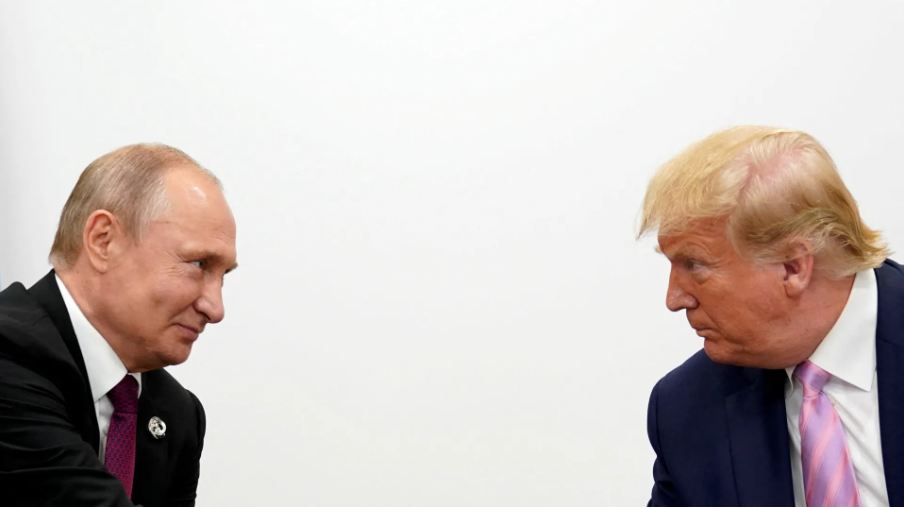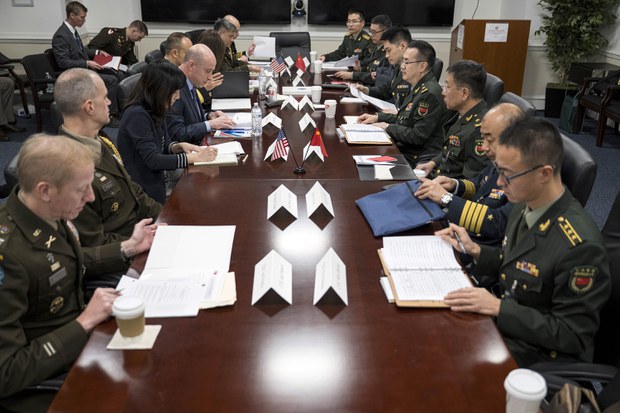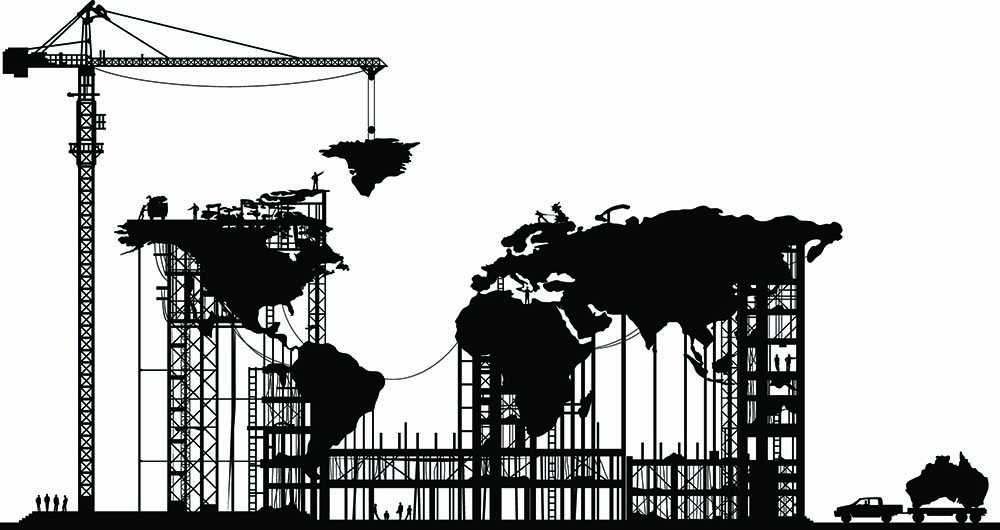
Zhang Tuosheng, Principal Researcher at Grandview Institution, and Academic Committee Member of Center for International Security and Strategy at Tsinghua University
Apr 10, 2025
Here are some suggestions for promoting peace, stability and development in the Asia Pacific region. For starters, to avoid bloc politics and confrontation or even a new cold war in the Asia Pacific, China, the U.S., Russia, Japan and India should actively develop new dialogues and exchanges and build on existing ones.

Xiao Bin, Deputy Secretary-general, Center for Shanghai Cooperation Organization Studies, Chinese Association of Social Sciences
Apr 03, 2025
The U.S.-Russia contest over Ukraine shows both the persistence of classic power politics and the clash of competing worldviews at a time when the international system is undergoing a seismic process of reordering. The Ukraine war and its potential settlement are upending traditional major-power dynamics.
Zhang Tuosheng, Principal Researcher at Grandview Institution, and Academic Committee Member of Center for International Security and Strategy at Tsinghua University
Jan 07, 2025
China must see to its own domestic affairs and promote all-around socioeconomic progress. Externally, it must walk the path of peaceful development without wavering, adhere to an independent foreign policy of peace and hold fast to multilateralism to foster solidarity with other nations. Only in this way can we overcome the severe challenges that are coming our way.

Zhang Tuosheng, Principal Researcher at Grandview Institution, and Academic Committee Member of Center for International Security and Strategy at Tsinghua University
Aug 08, 2024
A provocative inauguration speech by Taiwan’s leader produced no new crisis, and risks in the Taiwan Strait and South China Sea have been decreasing. However, there are still many differences and deficiencies as China-U.S. relations move forward.

Zhang Tuosheng, Principal Researcher at Grandview Institution, and Academic Committee Member of Center for International Security and Strategy at Tsinghua University
May 22, 2024
Despite their positive aspects, globalization, multi-polarization and technological advancement come with pronounced negatives that pose challenges to the post-Cold War world order. The only way forward is for the West to cooperate with China and engage in active and candid dialogue.

Richard Weitz, Senior Fellow, Hudson Institute
May 17, 2024
The renewal of high-level Sino-U.S. exchanges along with the approaching American elections has intensified the U.S. debate about an optimal long-term strategy toward China.
Zhong Yin, Research Professor, Research Institute of Global Chinese and Area Studies, Beijing Language and Culture University
Apr 19, 2024
Fabricating a strategic architecture by uniting Japan, the Philippines and Australia with the United States will only accelerate the transformation of the region into opposing camps and drag the big powers into a dangerous Thucydides trap.

Zhao Minghao, Professor, Institute of International Studies at Fudan University, and China Forum Expert
Feb 29, 2024
The United States seeks to widen the technology gap with China as much as possible and thus will create more barriers for Chinese research and development. It may even try to push back some of the technological advancements China has made. China needs to prepare for greater pressure.
Xiao Bin, Deputy Secretary-general, Center for Shanghai Cooperation Organization Studies, Chinese Association of Social Sciences
Sep 08, 2023
The personal tragedies of two great physicists during the Cold War teach that us that creating a tolerant, innovative environment is the way to prosperity and strength.
Brian Wong, Assistant Professor in Philosophy and Fellow at Centre on Contemporary China and the World, HKU and Rhodes Scholar
May 31, 2023
It’s no hidden secret that U.S.-China relations have been on the rocks in recent memory. Though both sides are willing to go through the motions of performative summits, the reality of policy taking shape on both sides belies the aggression coming from leadership from both countries.